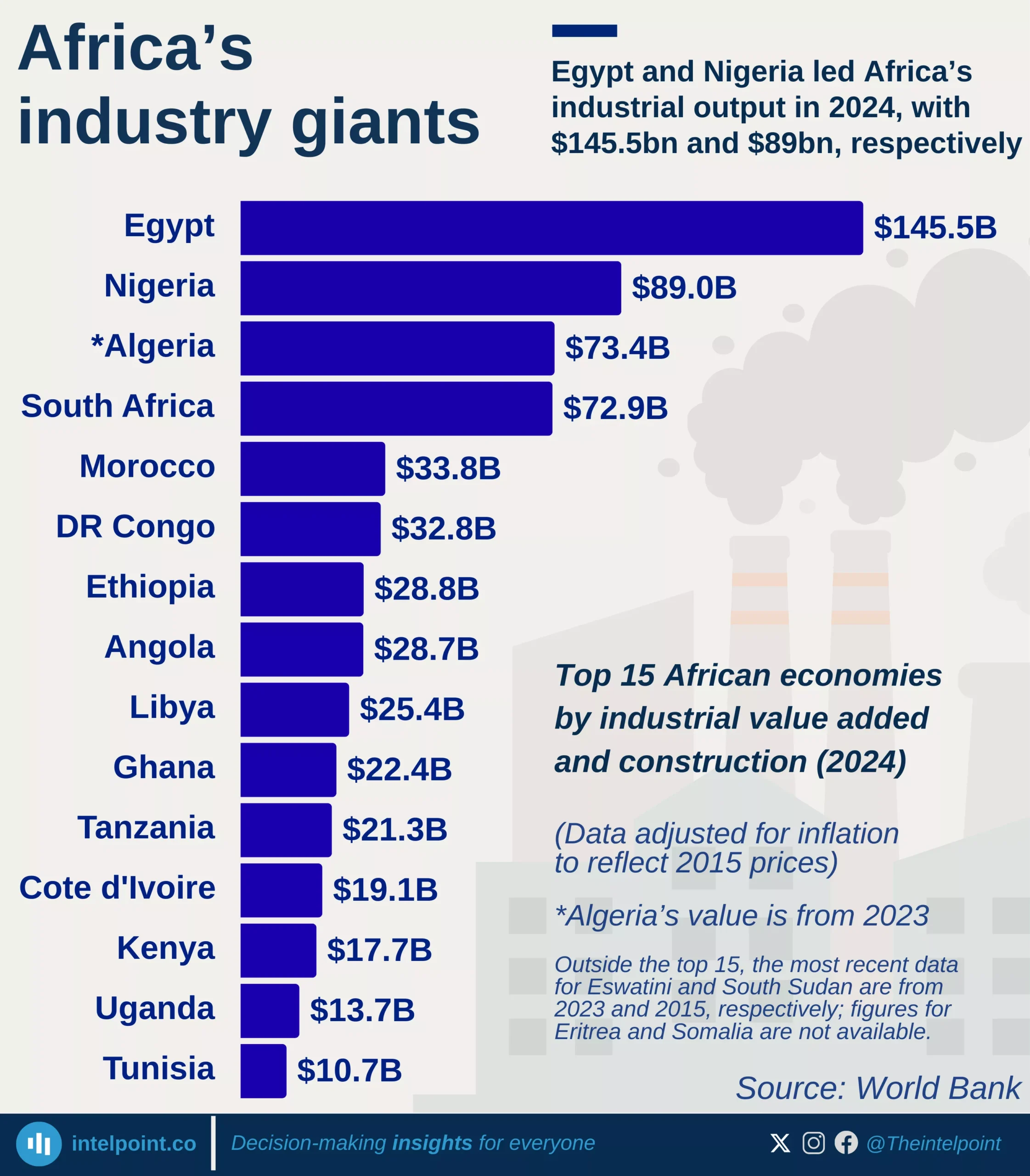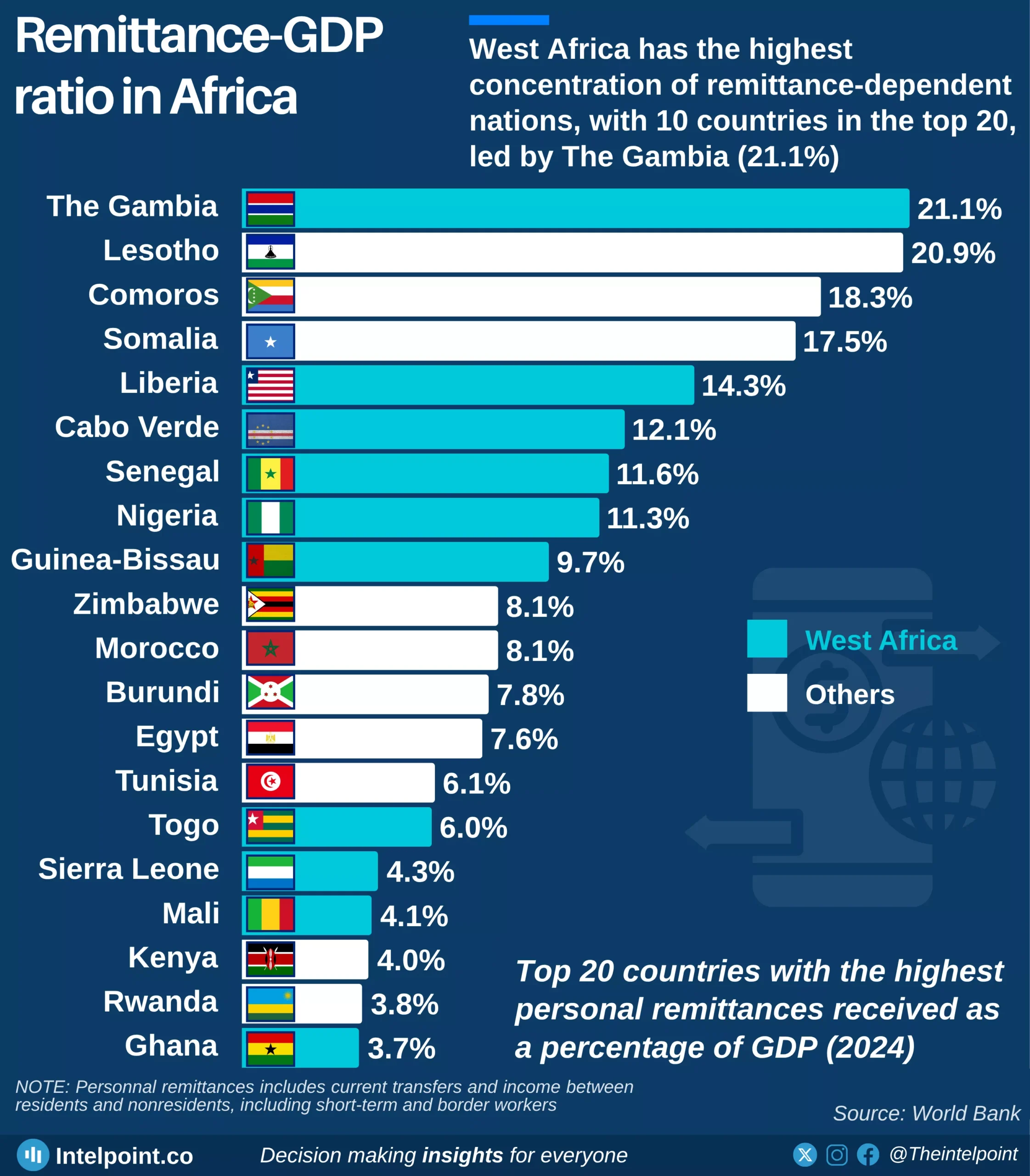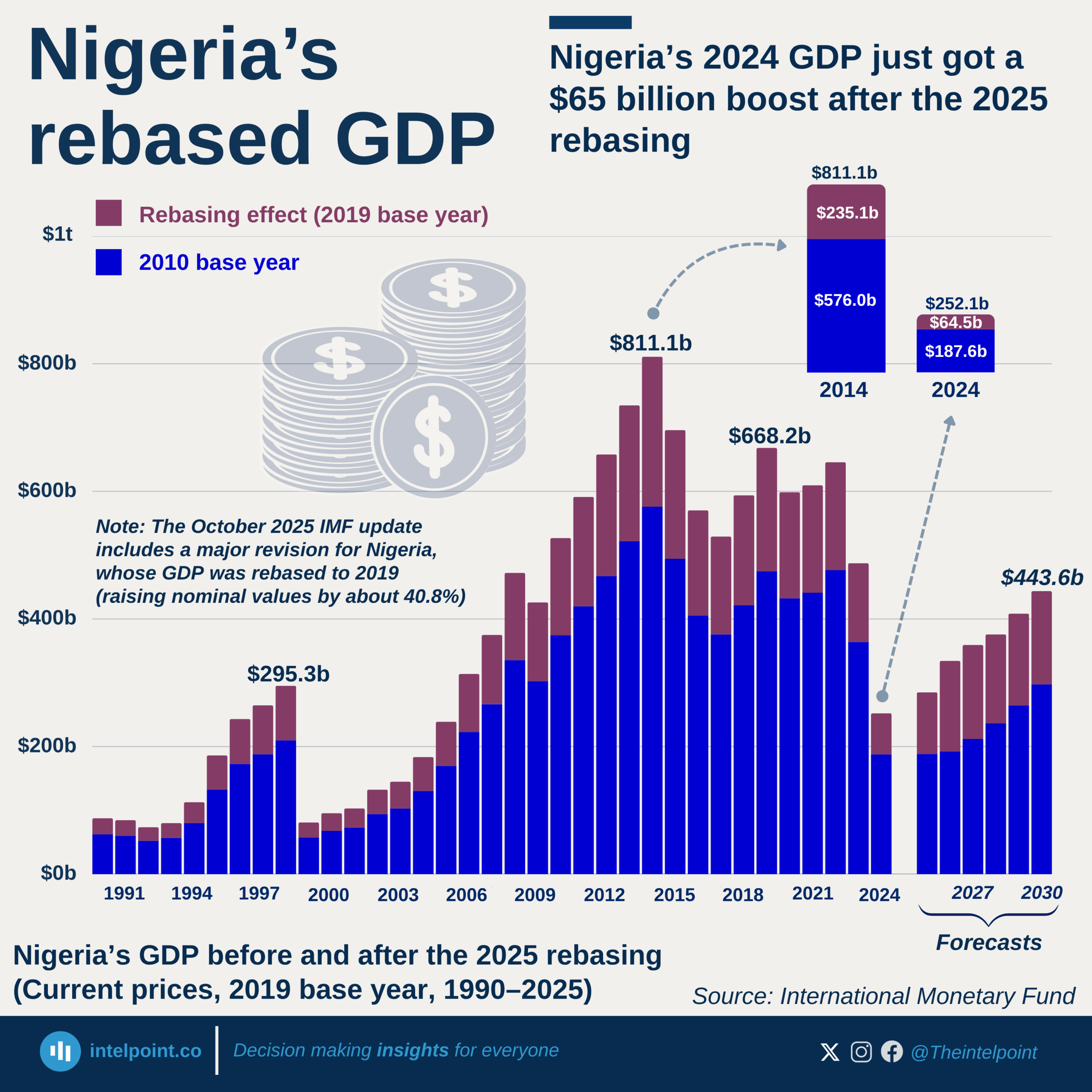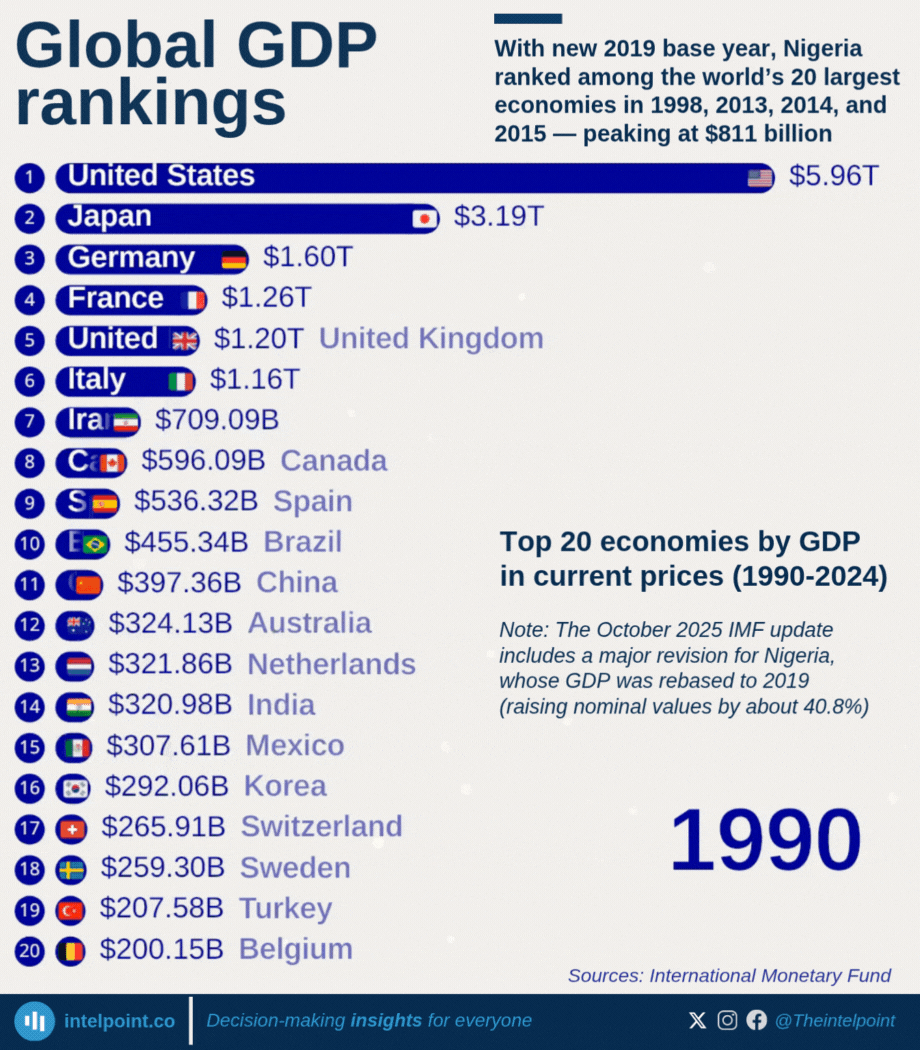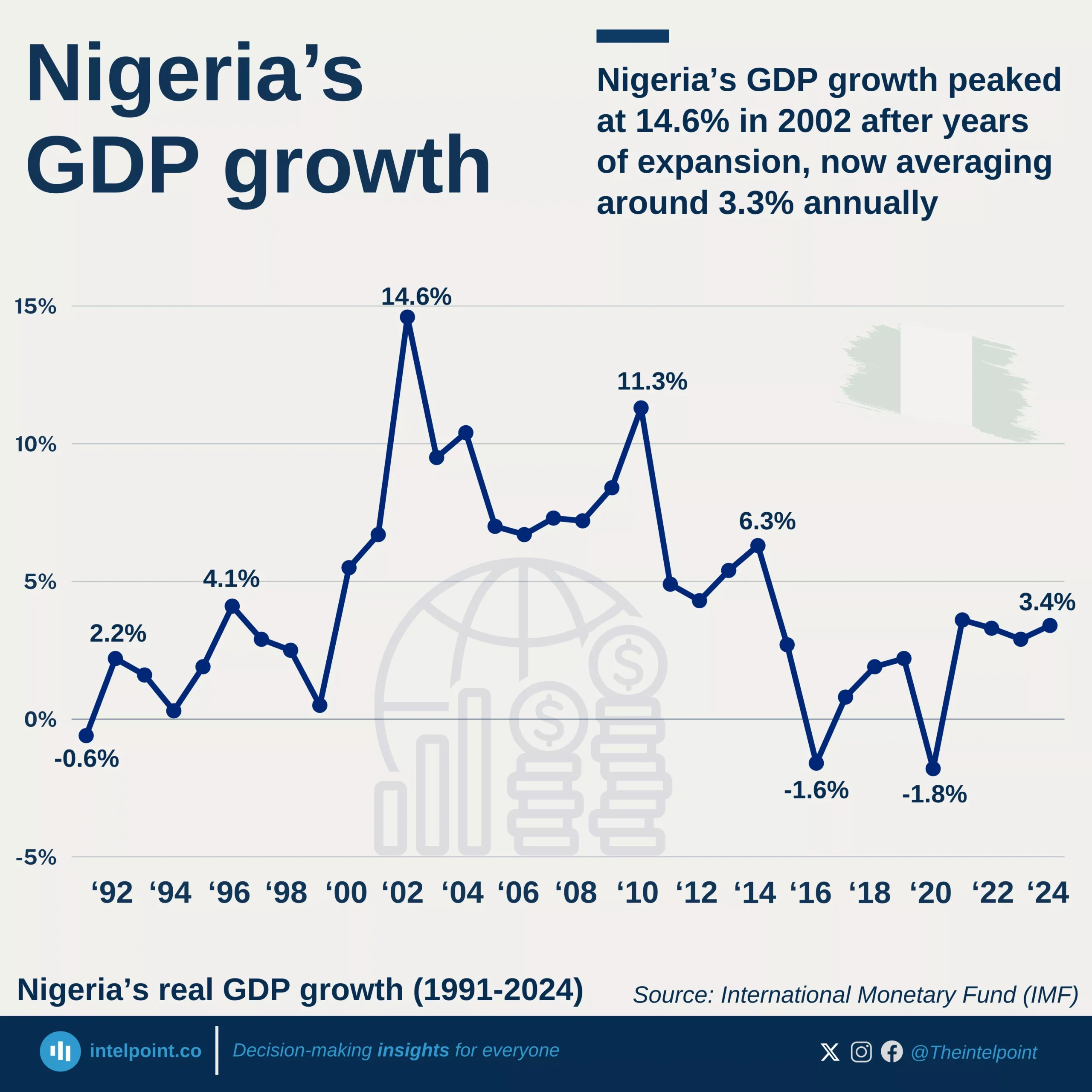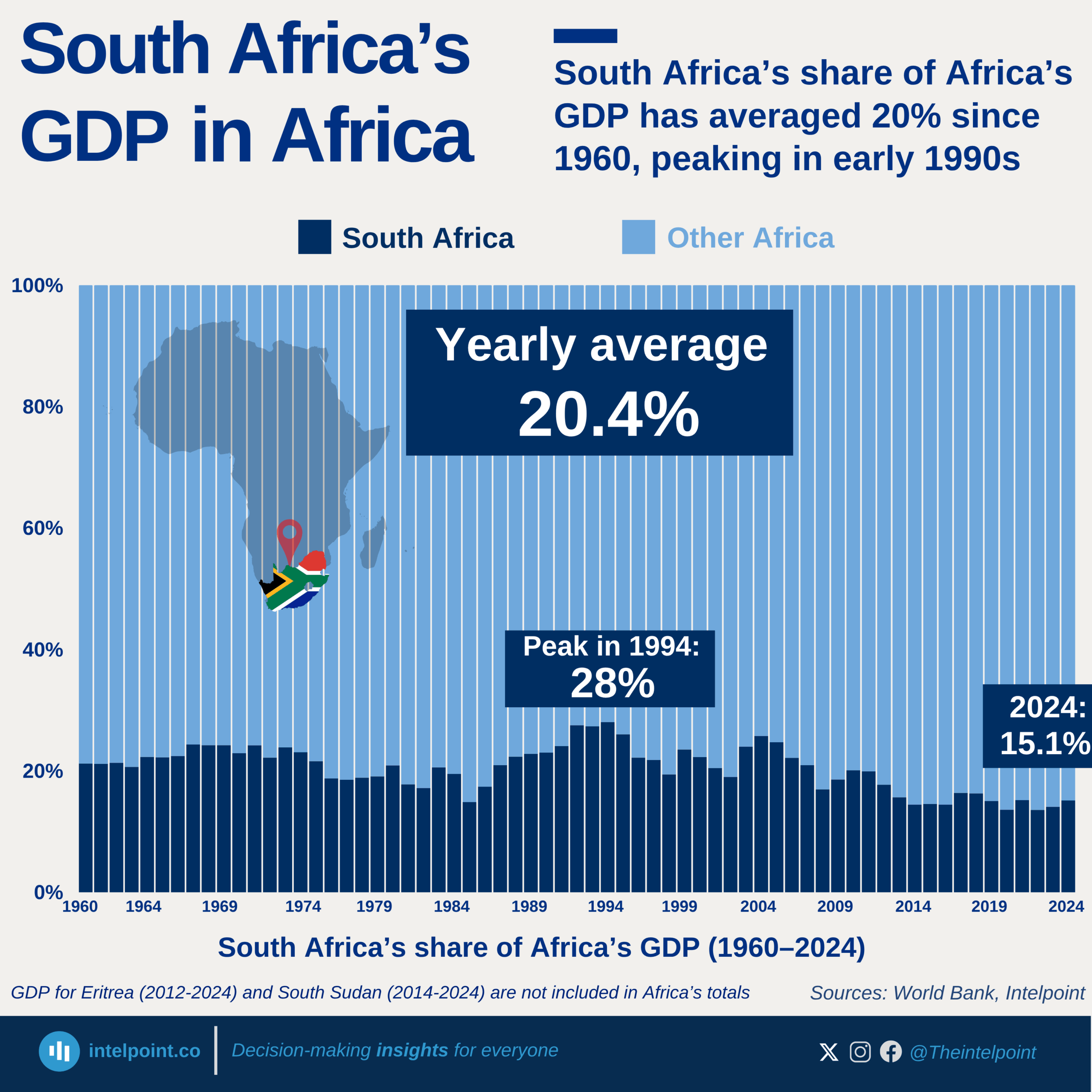According to IMF projections for 2025, Tuvalu, the smallest economy, is expected to have a GDP of just $80 million, highlighting the vast differences in economic power across the world. The combined GDP of the ten smallest economies will total $4.75 billion, a figure significantly lower than the GDP of many mid-sized cities or individual companies.
To put this into perspective, Nigeria, a single African nation, boasts a GDP of $199.72 billion, 42 times larger than the combined GDP of these economies. The economic scale of some nations is so small that their entire yearly output is overshadowed by the daily income of global giants like Apple ($257m/day) or Amazon ($162m/day).
